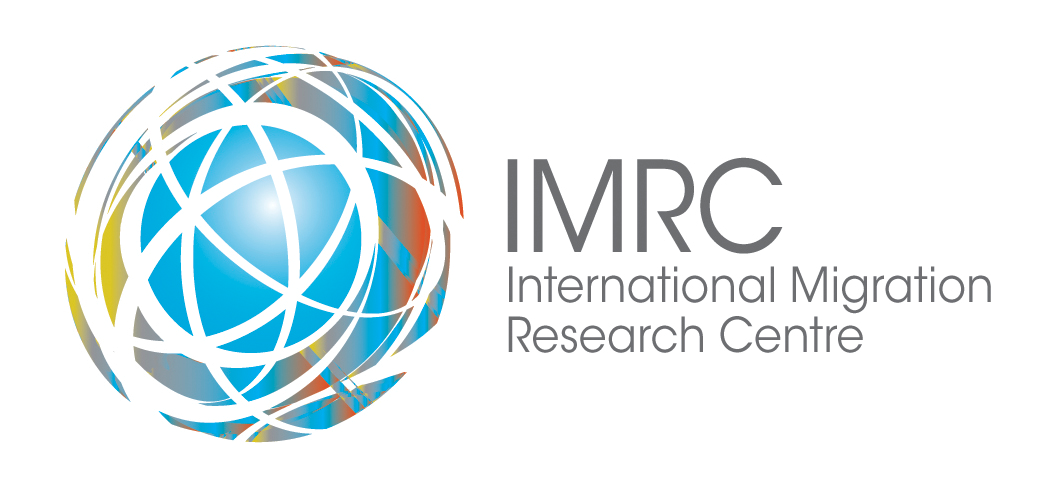Document Type
Research Publications
Publication Date
2014
Department
Balsillie School of International Affairs
Abstract
Since the end of apartheid, South Africa has experienced a significant outflow of health professionals. The out-migration of health professionals from the country is part of a broader global trend of health professional migration from the Global South to the Global North. In the health sector, this “brain drain” has led to a significant decline in the quality of care in affected countries. The costs of health professional migration for countries of origin are usually measured in terms of lost investment in training and the gaps in medical care left by their departure. One recent study, for example, estimated that the cost to South Africa in lost investment in training from the emigration of health physicians to Australia, Canada, the United States and the United Kingdom amounts to USD1.4 billion.
Previous studies have predicted that medical migration from South Africa is unlikely to subside in the short and medium term as health professionals and trainees exhibit very high emigration potential. This report provides an updated (2013) picture of the state of mind of South African health professionals. It also allows an assessment of whether professional attitudes and perceptions have changed between 2007 and 2013 including (a) whether levels of satisfaction with work and life in South Africa have improved or worsened; (b) whether emigration potential has declined or intensified amongst health professionals and (c) whether the “brain drain” from South Africa is likely to continue. These questions are of particular relevance given various changes in the health sector since 2007.
Return migration has been advocated internationally as an antidote to the brain drain and an important downstream benefit for countries of origin in the South. This report therefore provides important new information about the implications of health professional return migration to South Africa. Another strategy adopted by some countries is to use immigration policy as a means of dealing with health professional shortages. South Africa is a destination country for health professionals from some countries although, with the exception of official schemes to temporarily import Cuban and Tunisian doctors, this is not official policy. Significantly, the medical professions have only just appeared on the government scarceskills lists that have been published for nearly a decade. This survey provided an opportunity to profile a sub-group of non-South African doctors to assess whether they are more inclined to remain in the country than their South African counterparts.
The current survey was developed in collaboration with the Institute of Population Health at the University of Ottawa as part of a CIHR-funded global project on health professional migration from India, Jamaica, the Philippines and South Africa. The questionnaire was hosted on the MEDpages website and potential respondents were invited by email to complete the survey. A total of 1,383 completed questionnaires were received from physicians, dentists and pharmacists – a response rate of 7%.
Recommended Citation
Crush, J., Chikanda, A., Bourgeault, I., Labonté, R. & Murphy, G.T. (2014). Brain Drain and Regain: The Migration Behaviour of South African Medical Professionals (rep., pp. 1-56). Waterloo, ON: Southern African Migration Programme. SAMP Migration Policy Series No. 65.


